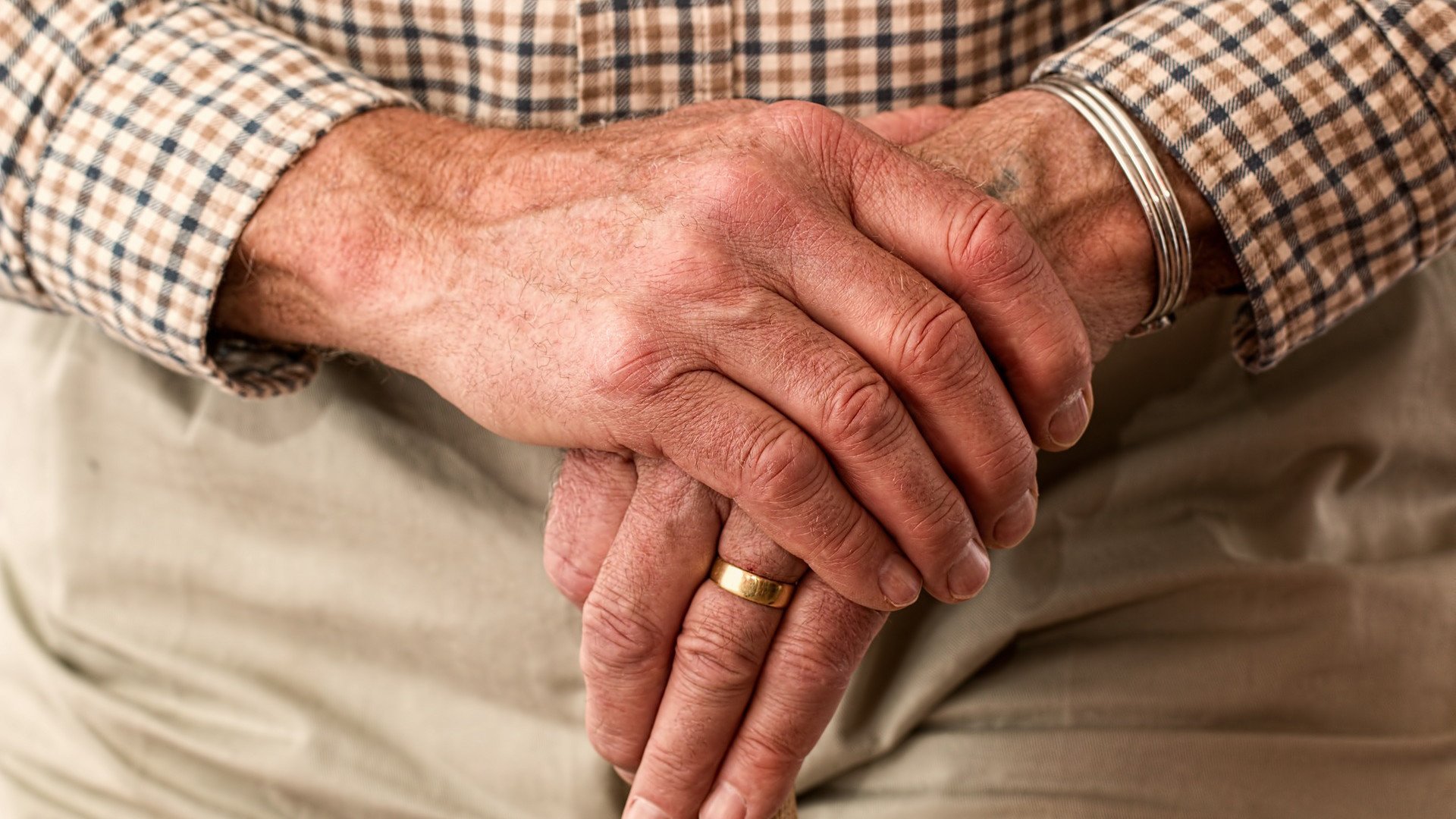The population of the Netherlands is aging. The percentage of those 65 and over is expected to increase from 18% in 2015 to nearly 24% by 2030 (Statistics Netherlands). People are living longer and longer, and advancing age is often accompanied by a variety of ailments. But is getting older really all that bad? According to researchers at the Babraham Institute in Cambridge, it might not be.
Potential advantages
Fungi, plants and animals all get older in a remarkably similar way. The biological processes involved in aging can be traced back to our earliest common ancestors. Yeast (Saccharomyces cerevisiae) shares these ancestors as well. By examining the growth of yeast under a variety of environmental conditions, the researchers discovered that aging isn't necessarily harmful. For these single-celled fungi, in fact, aging offered potential advantages.
Improved condition
In an article in the scientific journal Aging Cell, the research team describes how older yeast cells actually grow more effectively than their younger counterparts. Yeast is specialised to feed on glucose. Once the cells begin to age, however, the systems they rely on to process the glucose start to break down. ‘We expect to see decreasing cellular function accompanying old age – but in this case, aging appeared to have a positive effect,’ according to Dr Jon Houseley, group leader of the research team. ‘The condition of the older cells actually improved once they were forced to switch from glucose to another source of food, namely galactose.’
What about humans?
Getting older is generally considered to be an inevitable process of deterioration. But the idea that it may be useful (or has been useful, at some point in our evolutionary history), suggests that some aspects of aging may not be inevitable after all. It is possible that we humans, too, have functional mechanisms that don't kick in until later in life. Dr Houseley: ‘The extent to which regulatory systems of this kind have been retained in more complex organisms such as humans has yet to be determined.’ Perhaps, one day in the future, we will discover new cellular systems that will allow us to live even longer.

